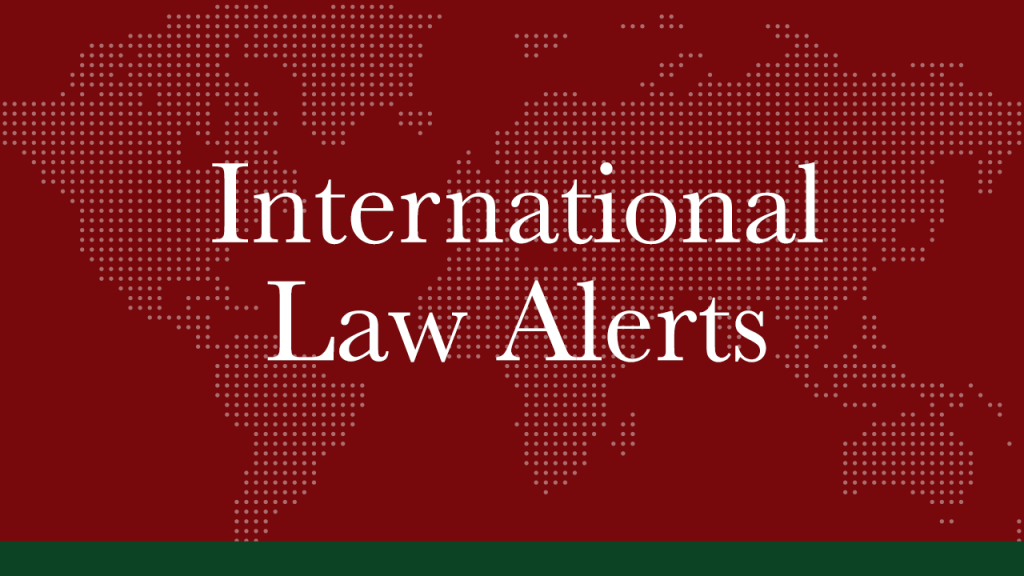
President Rodrigo Duterte clarified Wednesday that his move to withdraw from the Rome Statute that created the International Criminal Court (ICC) is an “empty gesture.”
The Philippines is still obliged to cooperate in criminal proceedings of the International Criminal Court even if it has withdrawn from the ICC, the Supreme Court said.
If the ICC greenlights the probe into President Rodrigo Duterte’s bloody drug war, his refusal to cooperate would not be a big hurdle, according to Rappler editor-at-large Marites Vitug.
The Supreme Court dismissed the petitions challenging Duterte’s decision to withdraw the country’s membership in the ICC, which is poised to order a full-blown investigation into his deadly war on drugs.
In a unanimous decision penned by Associate Justice Marvic Leonen, the SC “dismissed the petitions questioning the unilateral withdrawal for being moot and academic.”
During the Generation Equality Forum Summit, which took place in Paris on 30 June-2 July 2021, the International Criminal Court (“ICC” or the “Court”) joined the Generation Equality Forum, a global gathering for gender equality, convened by UN Women and co-chaired by France and Mexico, in partnership with civil society and youth.
This week, as part of the International Criminal Court’s (“ICC” or the “Court”) activities to mark 17 July, Day of International Criminal Justice, the Court is launching a digital campaign on the theme of building a #MoreJustWorld. The campaign aims to encourage people to reflect, act, learn and connect for the cause of peace and justice.
The International Criminal Court (“ICC” or the “Court”) today commemorates 17 July, the Day of International Criminal Justice. On this day in 1998, the Rome Statute was adopted. The Rome Statute is the founding treaty of the ICC, which created the Court and the Trust Fund for Victims.
On 17 July 2021, the International Criminal Court (“ICC” or the “Court”) hosted the Third Asia-Pacific Forum of The Hague via online format bringing together judges and staff from the Court, and around 200 students and young professionals from the Asia-Pacific region. The event was co-organised by the ICC and The Hague Project Peace and Justice.







































































































 on the upper right corner to select a video.
on the upper right corner to select a video.